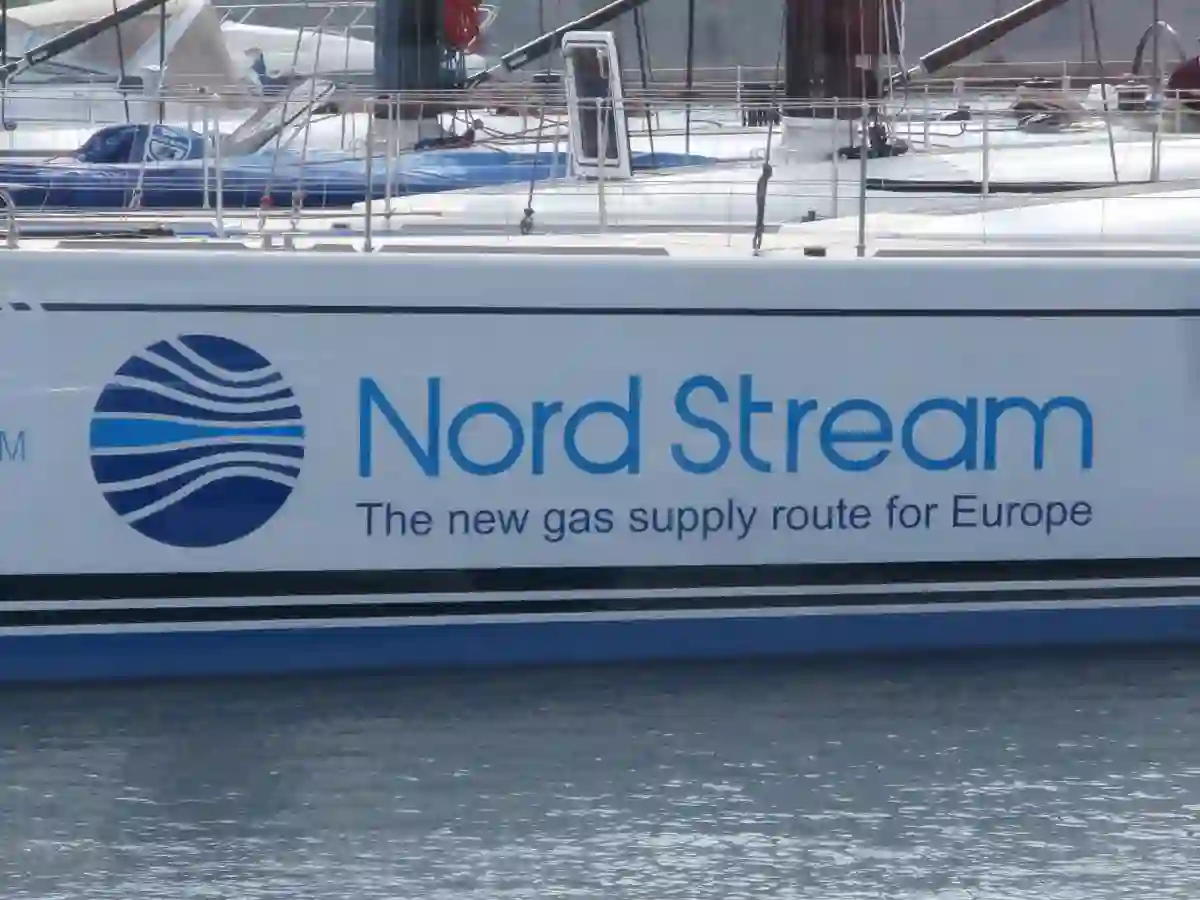Nearly three years after mysterious explosions crippled the Nord Stream pipelines, a dramatic development has unfolded in Italy.
Authorities there have arrested a Ukrainian citizen suspected of playing a key role in the sabotage that shook Europe’s energy security in 2022.
Arrest in Italy at Germany’s Request
Italian police confirmed they detained the suspect, identified as Sergey K., in the Rimini region on Wednesday evening.
The arrest was made under a European warrant issued by Germany, whose investigators have been leading one of the main probes into the incident.
According to German prosecutors, Sergey K. is believed to have helped coordinate the underwater operation that targeted Nord Stream 1 and Nord Stream 2 in the Baltic Sea.
Allegations of a Covert Explosives Mission
German authorities say their investigation previously narrowed in on two main suspects tied to the sabotage.
The attack itself is thought to have been carried out by a Ukrainian special operations-style team of divers, who allegedly set out from a rented yacht.
Prosecutors accuse Sergey K. of overseeing the placement of explosive devices near the Danish island of Bornholm back in September 2022.
He now faces serious charges, including taking part in a criminal group, orchestrating sabotage against constitutional order, and destroying critical infrastructure.
In their statement, German investigators revealed that the team used falsified documents to rent a sailing yacht in Rostock before heading out to sea.
The Blasts That Shocked Europe
The Nord Stream explosions on September 27, 2022, caused an immediate energy panic across Europe.
Pipeline operator Nord Stream AG reported a sudden pressure drop in both gas lines, which triggered alerts to maritime authorities in Germany, Denmark, Sweden, Finland, and Russia.
At the time, it was impossible to predict how long repairs might take—or even if the pipelines could ever return to service.
Multiple investigations were launched, though for months no group officially claimed responsibility and no culprits were confirmed.
Media Investigations Point to Ukrainian Link
While official probes struggled to pin down suspects, investigative journalists began piecing together their own narrative. Reports from The Wall Street Journal, The Washington Post, and Germany’s Der Spiegel pointed to a small group of Ukrainians, reportedly civilians rather than official military personnel.
One name that surfaced was Roman Chervinsky, a former Ukrainian intelligence officer.
He was accused of coordinating logistics for the operation.
According to Spiegel, a six-person dive team carried out the mission using deep-sea equipment, while The Washington Post suggested that the yacht Andromeda only had three crew members on board—a paratrooper commander, a skipper, and an assistant.
The identities of the latter two remain under wraps.
What Comes Next
With Sergey K.’s arrest, the Nord Stream case may finally move into a new phase.
German prosecutors are expected to seek his extradition, and questions remain about whether he acted alone or as part of a broader, state-backed operation.
For now, his capture raises the stakes in one of Europe’s most controversial unsolved acts of sabotage—an attack that not only damaged pipelines but also reshaped the continent’s energy and political landscape.


